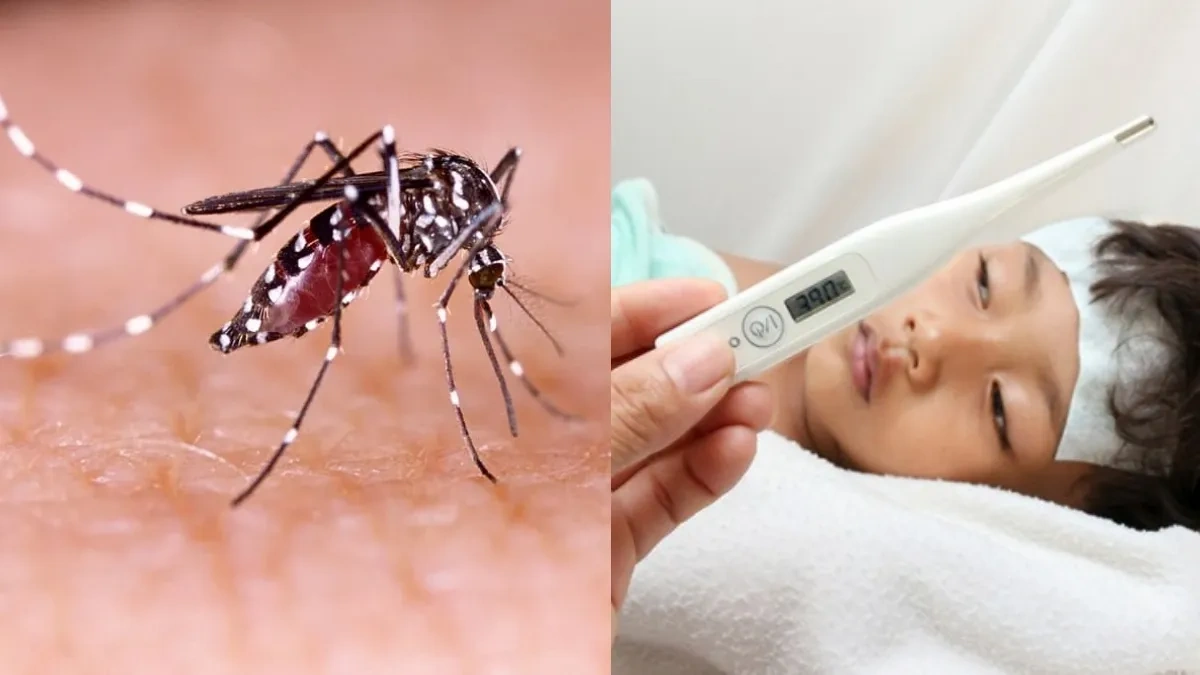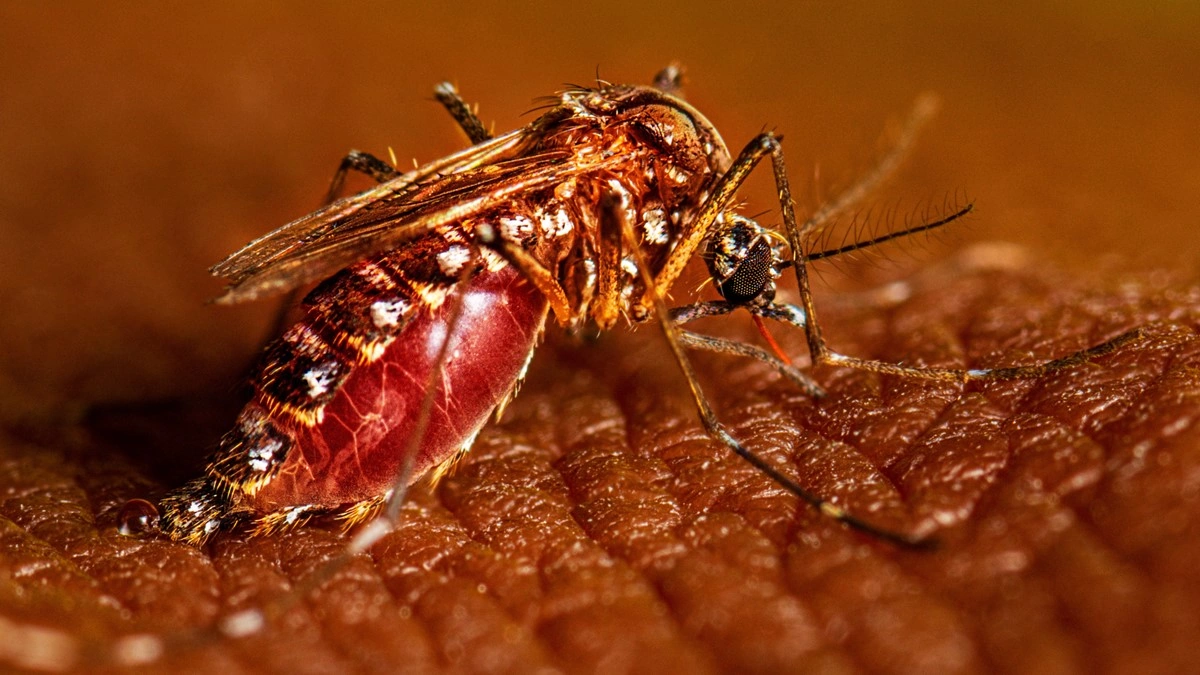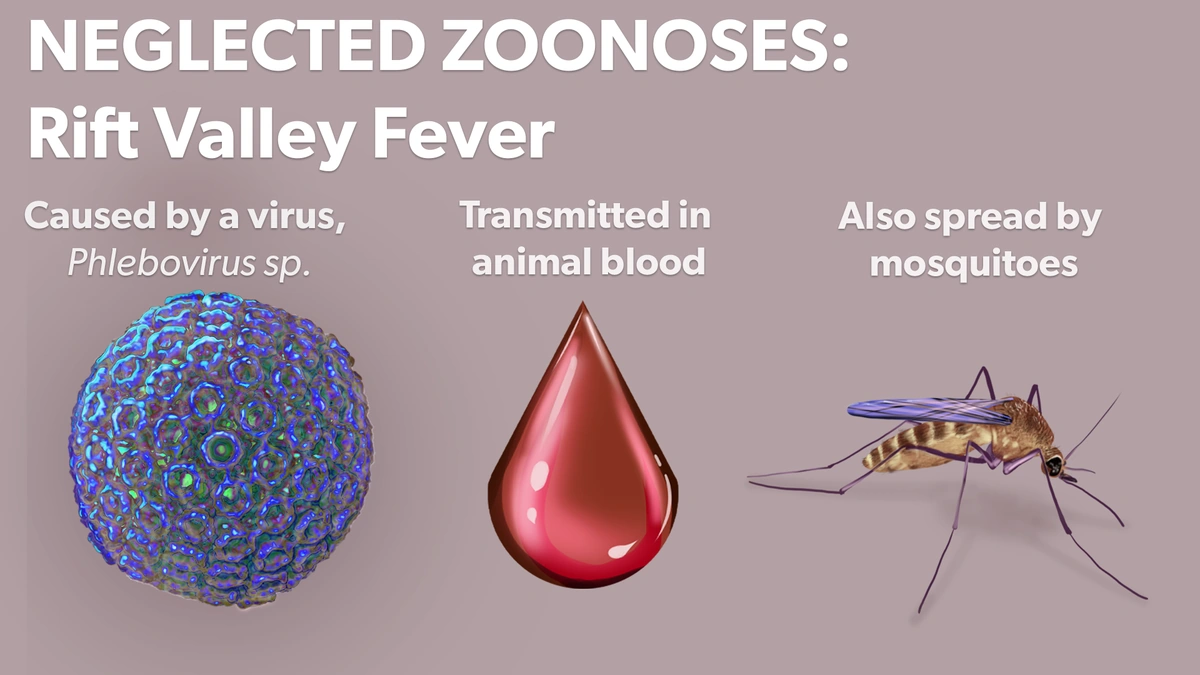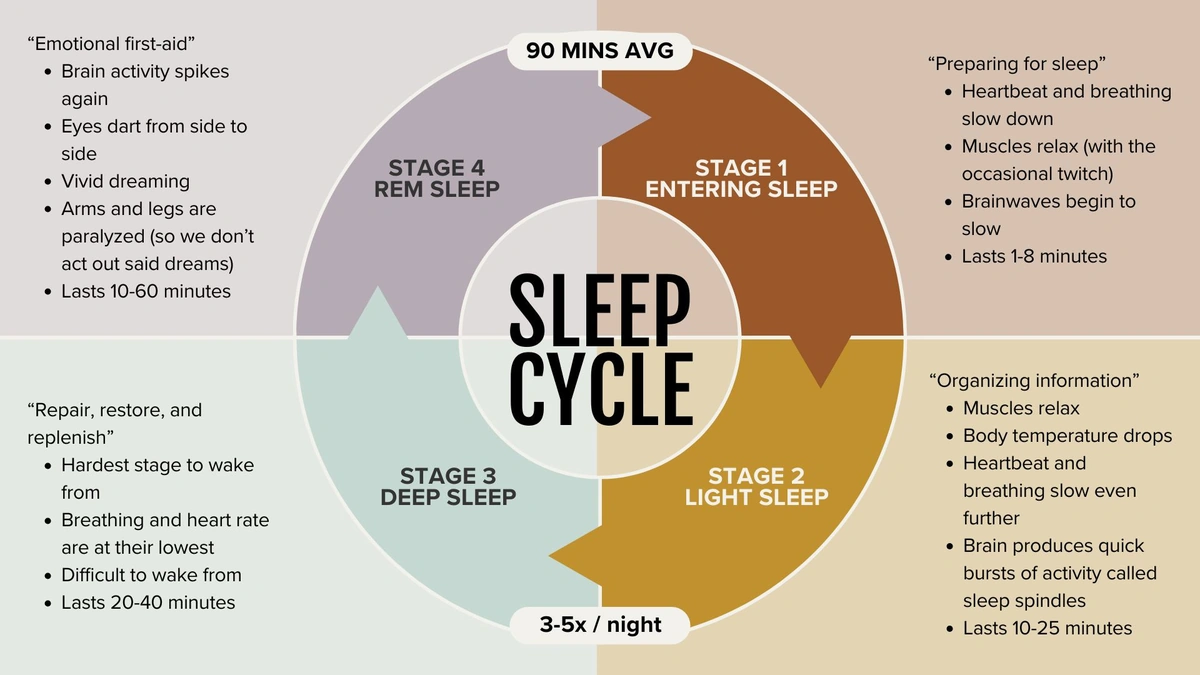Increased Dengue Cases Due to Heavy Rain
Okay, let’s talk about something that’s probably on your mind, especially if you’re in India right now: dengue outbreak . We’re seeing a surge in cases, and heavy rains are definitely playing a part. But, you know, simply stating that isn’t enough. What I want to explore is why this is happening now, and what this means for you, your family, and our communities.
Why Heavy Rain is a Dengue Booster

So, picture this: monsoon season. It’s a relief after the scorching heat, right? But, and this is a big but, all that beautiful rain creates stagnant water. And stagnant water? That’s basically a five-star resort for mosquitoes – specifically, Aedes aegypti , the ones that carry the dengue virus. They breed like crazy in these conditions. Things that hold water like discarded tires, coconut shells, flower pots and even the trays behind your refrigerator, can all be breeding grounds. Aedes aegypti mosquitoes prefer to lay their eggs in clean water and are most active during the day. According to theNational Vector Borne Disease Control Programme (NVBDCP), heavy rainfall increases vector breeding leading to higher dengue transmission rates.
What fascinates me is how quickly this can escalate. One discarded container, left unnoticed, can become the epicenter of a local dengue transmission . And it’s not just the rain itself; it’s also the lack of proper drainage and waste management in many areas. When drains are clogged, the water just sits there, creating even more breeding sites. It’s a complex problem, really, a cocktail of climate, infrastructure, and public awareness.
The Hidden Impact | Beyond the Fever
Let’s be honest, when we think of dengue, we think of fever, body aches, and maybe a rash. And yes, those are definitely symptoms. But the impact goes way beyond that. Think about the economic burden on families. Someone gets sick, they can’t work, and then there are medical expenses. A family that depends on daily wage is hit hard. In addition, it strains our healthcare system. Hospitals get overwhelmed, resources are stretched thin, and it becomes harder for everyone to get the care they need. It’s a vicious cycle.
Then there’s the psychological toll. The anxiety of knowing that one mosquito bite could change everything. The constant spraying, the fear of sending your kids out to play – it all adds up. This is something that affects everyone in the community. What fascinates me is that the most marginalized are disproportionately impacted.
Practical Steps You Can Take Right Now
Okay, so what can we do about it? Here’s where we move from analyst to guide. Don’t just sit there feeling helpless. You can take concrete steps to protect yourself and your family. A common mistake I see people make is they only worry about stagnant water outside the house. Check inside too!
Here’s what I tell my family:
- Eliminate Standing Water: This is number one, two, and three. Go around your house and get rid of any containers that collect water. Flower pots, old tires, even the little tray under your fridge.
- Mosquito Nets: Use them, especially while sleeping. This is crucial for young children and the elderly.
- Protective Clothing: Wear long sleeves and pants, especially during dawn and dusk when mosquitoes are most active.
- Repellents: Use mosquito repellents with DEET. And apply them correctly.
- Community Action: Talk to your neighbors. Get everyone involved in cleaning up the area. The more people working together, the better.
The Role of Public Awareness and Government Initiatives
Ultimately, tackling dengue fever requires a multi-pronged approach. We need better public awareness campaigns to educate people about prevention. A common mistake I see is people confusing dengue symptoms with a simple viral infection. This leads to delays in seeking medical care, which can be dangerous.
We also need stronger government initiatives. This includes regular fogging, improved drainage systems, and better waste management. But it’s not just about what the government does; it’s also about how they communicate. Information needs to be clear, accessible, and tailored to different communities. Let me rephrase that for clarity: what I mean is, a simple pamphlet about dengue prevention might not be enough for someone who doesn’t read. It needs to be visual, and available in different languages.
The Future | Climate Change and Dengue
Here’s the thing: climate change is only going to make this worse. As temperatures rise and rainfall patterns become more erratic, we’re going to see more outbreaks of vector-borne diseases like dengue. This means we need to be proactive. We need to invest in research, develop new vaccines, and strengthen our public health systems. We need a coordinated global effort to tackle this challenge. But, you know, it all starts with individual action. With awareness, with prevention, and with a commitment to creating healthier communities. Here is a relevant article .
FAQ
Frequently Asked Questions
What are the early symptoms of dengue?
High fever, severe headache, pain behind the eyes, muscle and joint pain, nausea, vomiting, and skin rash are common early symptoms.
How is dengue diagnosed?
Dengue is diagnosed through blood tests that detect the virus or antibodies against it.
What if I forgot my application number?
Contact the NTA helpdesk immediately. They can guide you through the process of retrieving your application number. Make sure to have some personal information ready for verification.
Is there a vaccine for dengue?
Yes, there are dengue vaccines available in India. Consult your doctor to see if vaccination is right for you.
Can dengue be treated at home?
Mild cases can be managed at home with rest, hydration, and paracetamol for fever. However, it’s crucial to consult a doctor to monitor your condition and prevent complications.
How can I protect my children from dengue?
Ensure they wear protective clothing, use mosquito repellent, sleep under mosquito nets, and avoid areas with high mosquito activity.
So, that’s the story. Not just a news report about increased dengue cases , but an exploration of the ‘why,’ the ‘how,’ and the ‘what next.’ Because honestly, understanding the deeper context and taking action is the only way we’re going to get through this. Stay safe, stay informed, and let’s work together to beat this thing.













